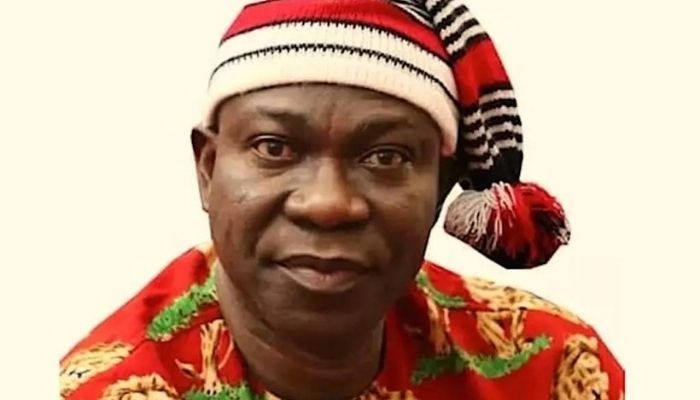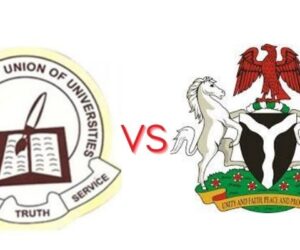The United Kingdom government has rejected a formal request from Nigeria to allow former Deputy Senate President Ike Ekweremadu to be transferred home to serve the remainder of his prison sentence for organ trafficking.
Ekweremadu, who was convicted in 2023 of conspiring to exploit a young man’s kidney, is serving a term of nine years and eight months in a UK prison.
The decision by the UK Ministry of Justice means he must complete his sentence within the British penal system. Nigeria’s request was made under the Transfer of Sentenced Persons (TOSP) agreement, which allows foreign inmates to be repatriated to continue their sentences, subject to legal, diplomatic and humanitarian considerations.
British authorities have not publicly disclosed the reasons for the rejection. However, such decisions typically weigh factors including the gravity of the offence, the remaining sentence, the prisoner’s health, and whether a transfer aligns with the interests of justice and treaty obligations. Given the high-profile nature and seriousness of the organ-trafficking conviction—a case involving the exploitation of a vulnerable individual—the UK is widely seen as seeking to ensure the punishment serves as a strong deterrent.
Read Also: Insecurity: Tinubu makes case for Africa-led solutions, rejects private military firms
Ekweremadu, his wife, Beatrice, and a medical “middleman,” Dr Obinna Obeta, were convicted in March 2023 of plotting to harvest the kidney of a young Nigerian street trader. Prosecutors told the Old Bailey that the victim was flown to London to provide an organ for the Ekweremadus’ ailing daughter, Sonia. Evidence showed he was offered a reward but was neither fully informed nor able to give free consent. The court found that the family intended to exploit his poverty for their gain.
In May 2023, Ekweremadu was sentenced to nine years and eight months in prison. His wife received four years and six months, and Dr Obeta was sentenced to 10 years. Sonia Ekweremadu was acquitted.
The UK’s refusal to approve his transfer is a significant development in a case that attracted international attention. The conviction of a senior political figure from an allied nation on charges of modern slavery and organ trafficking was considered a landmark win for British prosecutors and a strong statement on combating transnational exploitation.
Nigeria’s request was widely viewed as driven by political and diplomatic considerations, as the incarceration of a former Deputy Senate President abroad remains a sensitive national issue. If granted, the transfer would have allowed Ekweremadu to serve the rest of his sentence under the Nigerian Correctional Service—though the remaining sentence length would have remained unchanged and any differences in conditions or parole eligibility would still be subject to treaty rules.
The UK’s rejection underscores its commitment to the integrity of its judicial process and the enforcement of sentences in serious exploitation cases.
Ekweremadu, a prominent figure in Nigerian politics, represented the Enugu West constituency from 2003 and served three terms as Deputy President of the Senate. His conviction and imprisonment mark a dramatic fall from grace and make him one of the most senior foreign politicians ever jailed in the UK. The case has also drawn renewed attention to global vulnerabilities to organ trafficking and the ethical dilemmas surrounding organ donation.
The rejection of Nigeria’s transfer request closes a potential pathway for Ekweremadu’s early return and ensures he remains a high-profile inmate in the British system for the foreseeable future.









